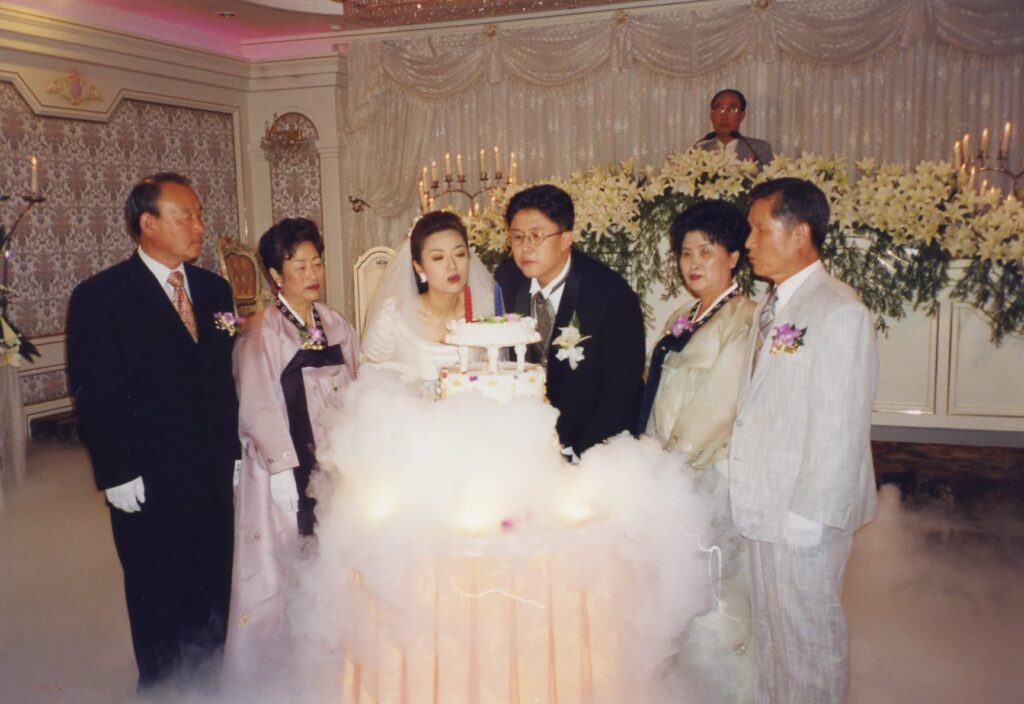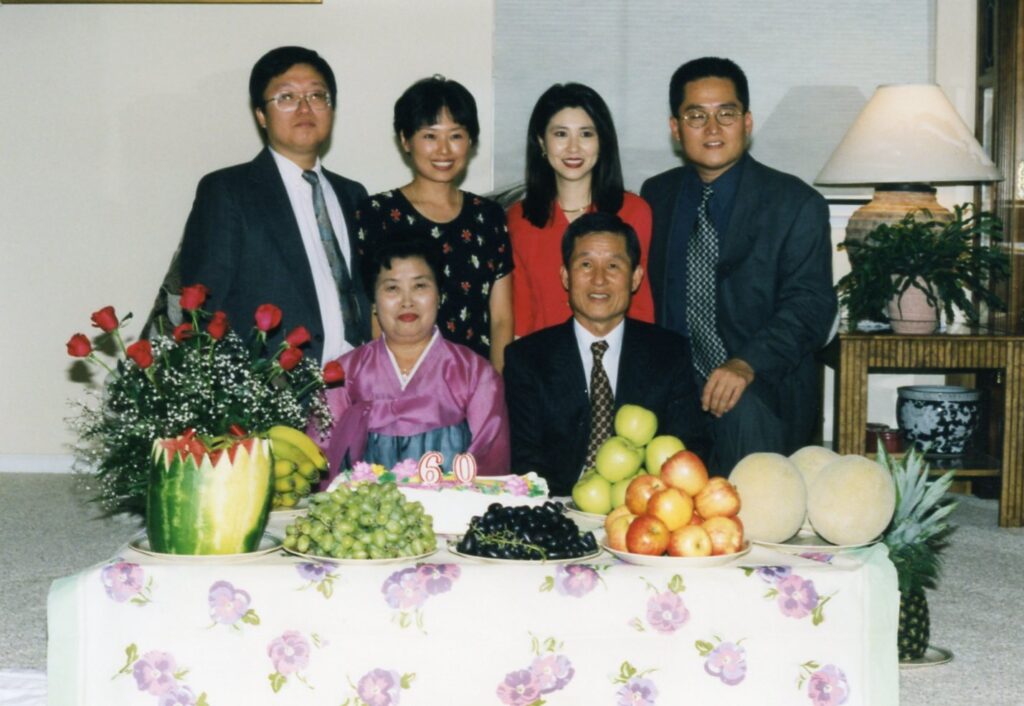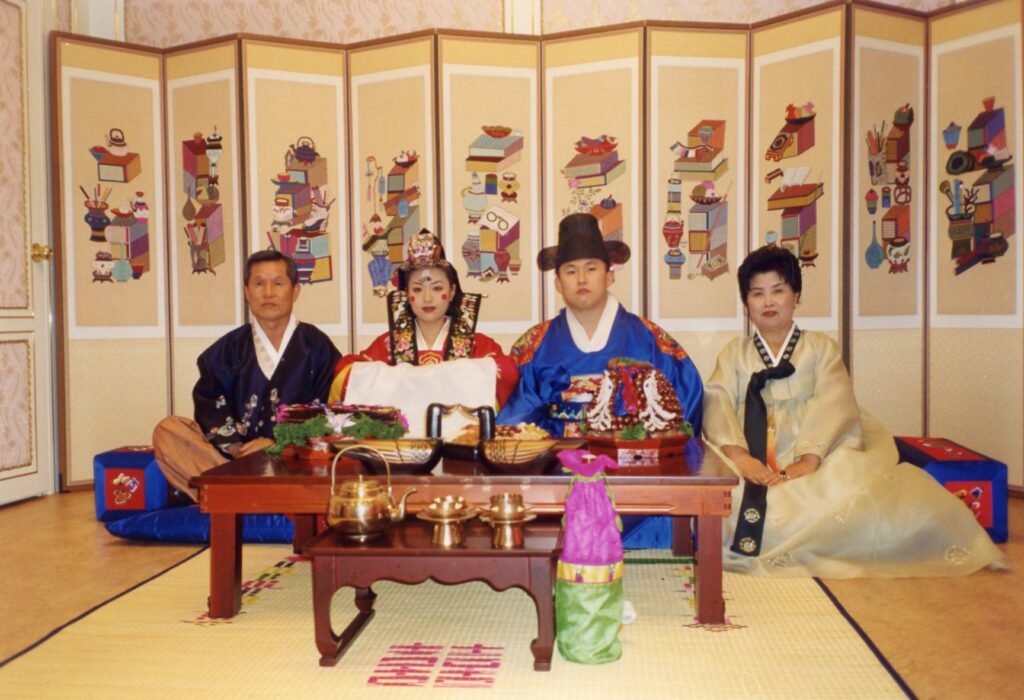In-law relationships in Korea can be both meaningful and challenging. Family traditions in Korea, cultural expectations, and shifting family values all play a big role in shaping how families get along. As modern families in Korea start to redefine these roles, the balance between tradition and change becomes more important than ever.
The Traditional Family in Korea
The traditional family in Korea followed a clear and strict structure. The father was the head of the household, while the mother stayed home to raise the children and manage the house.
These family traditions in Korea were based on Confucian beliefs. Respect for elders was the most important rule, and younger family members were expected to follow orders without question.
For women, in-law relationships in Korea were especially difficult. Daughters-in-law often lived with their husband’s family and were expected to serve their in-laws, sometimes putting their own needs last.
Even now, many cultural expectations in Korea come from these traditional roles. While society is changing, some families still hold on to these values.
Modern Families in Korea

Today, modern families in Korea are starting to look very different from the past. More young couples are choosing to live on their own instead of with their parents. This shift gives them more freedom and space to build their own routines and parenting styles.
People have shifted their work and life priorities. In many households, both partners now work and share tasks like cooking, cleaning, and raising children more equally. These changes show how family values in Korea continue to shift, with more people valuing fairness and communication over strict roles.
Changing Roles in Korean Families
Today, daughters-in-law speak up more about their boundaries. Many reject the pressure to serve their in-laws the way previous generations did. This shift causes tension in some families, but it also opens the door to more respectful and balanced relationships.
Even though cultural expectations in Korea still exist, people are talking more about how to balance tradition with modern life. These changes show that family values in Korea are evolving—and slowly moving toward equality and independence.
In-Law Relationships in My Family
I grew up in a very traditional Korean household where everyone had clearly defined roles. When my oldest brother got married, my parents placed high expectations not only on him but also on his new wife. They expected her to cook, serve, live with them, and care for them in their old age. That’s what family traditions in Korea had taught them.
But my sister-in-law didn’t grow up with those same expectations. She had different ideas about marriage and independence. My brother felt torn between his wife and his duty as the eldest son. Over time, this caused a lot of tension. Eventually, it led to a painful, long-term estrangement between our family and my brother’s.
It wasn’t until recently that they began speaking again—and thankfully, in a more friendly tone. But they still don’t live together. And in the end, despite having three sons, I became the one who looks after our aging parents. Today, they live on their own after many years of in-law struggles.
The Emotional Side of In-Law Relationships
In-law relationships in Korea don’t just affect how families function—they can deeply affect how people feel. In traditional Korean households, daughters-in-law often carry a heavy emotional burden. They’re expected to do things and care for their husband’s parents as if it were their duty.
These cultural expectations in Korea can cause a lot of stress, especially for women who didn’t grow up with those same values. When family roles in Korean households are forced instead of chosen, it often leads to resentment, guilt, or even silence between family members.
In my own family, I saw this tension build over the years. It wasn’t just about chores or where someone lived—it was about feeling heard, respected, and valued. And when those emotional needs aren’t met, even the strongest family ties can break down.
What I’ve Learned from My Experience

I’ve learned that in-law relationships in Korea are often more complex than they seem. When tradition meets modern life, it can create deep misunderstandings. In my family, love and duty weren’t enough to hold things together. The cultural expectations in Korea made everything feel unbalanced.
What hurt the most wasn’t just the conflict—it was the long silence that came after. Healing took years, and it only began when everyone let go of blame and started listening with an open heart.
I also realized that change doesn’t always come from the older generation. Sometimes, it starts with those of us in the middle—those who see both sides and want something better.
Most of all, I’ve learned that mutual respect matters more than old rules. When respect flows both ways, even the hardest relationships can begin to heal.
Understanding In-Law Relationships
Families in Korea often follow long-standing customs. When someone challenges those traditions, it can stir up strong emotions—especially between generations.
What I’ve shared here is just one story, but I know many others have faced similar struggles. It’s not always easy to balance family responsibilities with your own needs. But honest conversations, patience, and a willingness to grow can slowly open the door to better understanding.
Whether you’re part of a traditional household or creating your own path, I hope this gives you something to reflect on—and maybe even some comfort knowing you’re not alone.
If you found this post helpful or interesting, you might enjoy reading some of my other stories and reflections related to family and culture in Korea:














